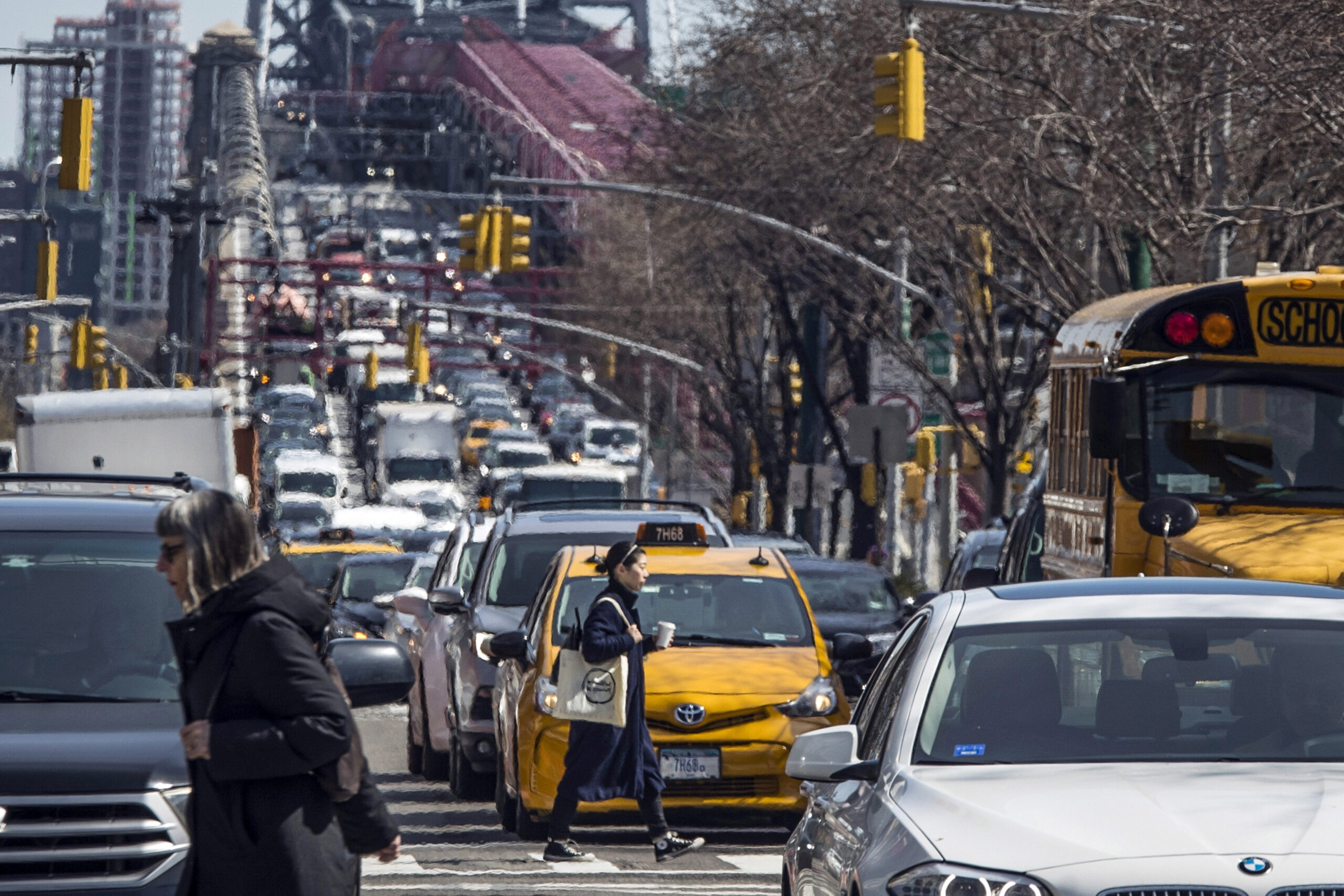Federal Government Extends Deadline for New York's Congestion Toll Amid Legal Battles
New York has until May 21 to justify continuing its $9 congestion toll after the Trump administration demanded a halt to the program.
Subscribe to unlock this story
We really don't like cutting you off, but you've reached your monthly limit. At just $5/month, subscriptions are how we keep this project going. Start your free 7-day trial today!
Get StartedHave an account? Sign in
Overview
New York's $9 congestion toll, aimed at reducing traffic in Manhattan, is under scrutiny as the Trump administration demands its repeal. U.S. Transportation Secretary Sean Duffy has granted New York an extension until May 21 to cease the program, citing potential loss of federal funding. Despite earlier court challenges, the MTA continues to collect the toll, which has resulted in a 13% drop in vehicles entering the zone and an expected $500 million revenue this year. Critics, including President Donald Trump, argue the toll harms working-class Americans, while the MTA insists congestion pricing is essential for funding public transport.
Report issue

Read both sides in 5 minutes each day
Analysis
- The congestion tax is designed to alleviate traffic and generate revenue for public transportation, with support from various city and state agencies.
- Legal action is active as the MTA contests federal government moves to block the toll, with claims that the congestion pricing solution is valid and necessary for addressing city traffic issues.
- The program has demonstrably decreased vehicle traffic into Manhattan, while ongoing discussions with federal authorities reflect the state's commitment to maintaining the toll despite challenges.
Articles (7)
Center (2)
FAQ
The new deadline for New York to cease its congestion toll program is May 21, 2025.
The Trump administration argues that the congestion toll unfairly charges working-class citizens for using roads that were already built with their federal tax dollars and has threatened to cut off federal funding if the program continues.
The congestion toll has resulted in a 13% drop in vehicles entering the priced zone in Manhattan and is expected to generate $500 million in revenue this year.
The MTA has continued to collect the congestion toll and defended the program as essential for funding public transportation, indicating they are not considering changes at the moment.
The Federal Highway Administration terminated its approval of the Central Business District Tolling Program, and U.S. Transportation Secretary Sean Duffy has given New York several deadline extensions to cease tolling, initially until March 21, then extended to April 20, and now to May 21.
History
- 6M

 3 articles
3 articles

